-
Friday, 13. February 2026
Bringing order to nano chaos with centrifugal force
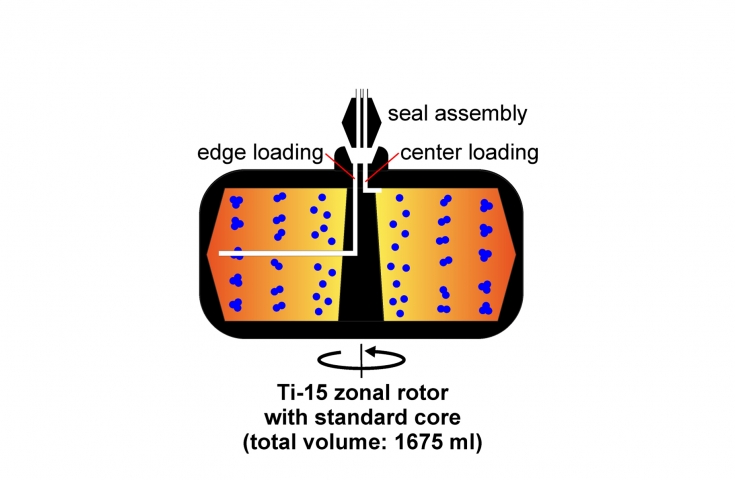
How do you sort tiny nanoparticles? For this goal, colloid chemist Alexander Wittemann has breathed new life into an old technique, using a centrifuge that was employed in the 1960s to produce vaccines read more -
Tuesday, 02. December 2025
Physics as a mountain landscape
 © pexels, Besjan Nuredini
© pexels, Besjan NurediniPhysicists and mathematicians at the University of Konstanz, ETH Zürich (Switzerland) and CNR INO in Trento (Italy) use concepts from topography to topologically classify and investigate driven-dissipative nonlinear systems and their abrupt phase transitions. read more  © Almut Hanselmann
© Almut HanselmannTuesday, 11. November 2025
Long-lost plant species rediscovered in Lake Constance
Good environmental news is rare these days. All the better that we can report one here: A long-lost plant species has been rediscovered in Lake Constance. Research diver Almut Hanselmann from the University of Konstanz came across the plant during a routine dive. read more
-
Thursday, 24. July 2025
Falling Walls Lab Baden-Württemberg 2025
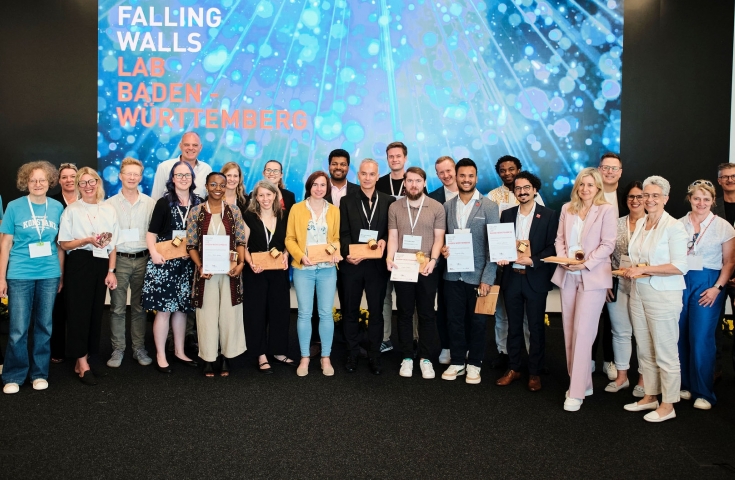 © University of Konstanz / Philipp Uricher (www.philippuricher.com)
© University of Konstanz / Philipp Uricher (www.philippuricher.com)Ten early career researchers, ten visionary ideas – participants at the Falling Walls Lab Baden-Württemberg combined research spirit, social relevance and creativity. read more -
Friday, 27. June 2025
A close look at recreational boating on German lakes
 © W. Ostendorp
© W. OstendorpMotorized aquatic sports negatively impact the ecology of lakes in Germany. Researchers at the University of Konstanz and the Landesumweltamt Brandenburg (Brandenburg State Office for the Environment) recently published a comprehensive study on the topic. read more -
Friday, 06. June 2025
Tower power
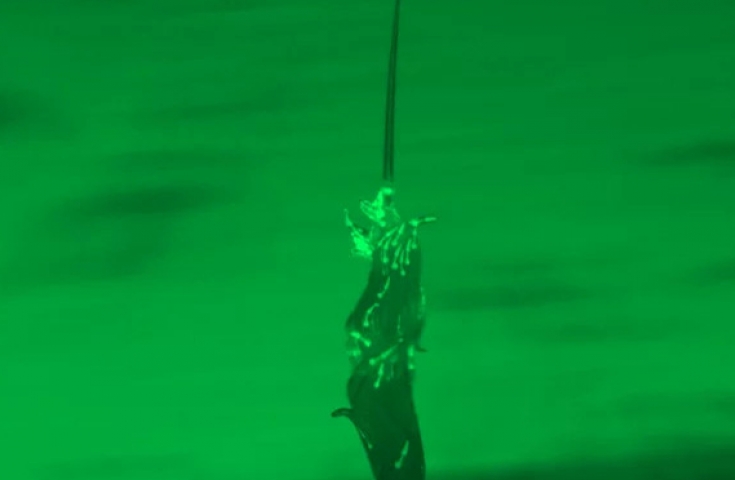 © Daniela Perez, MPI-AB
© Daniela Perez, MPI-ABLiving worm towers are recorded in the wild for the first time, a rare example of collective hitchhiking in nature. read more 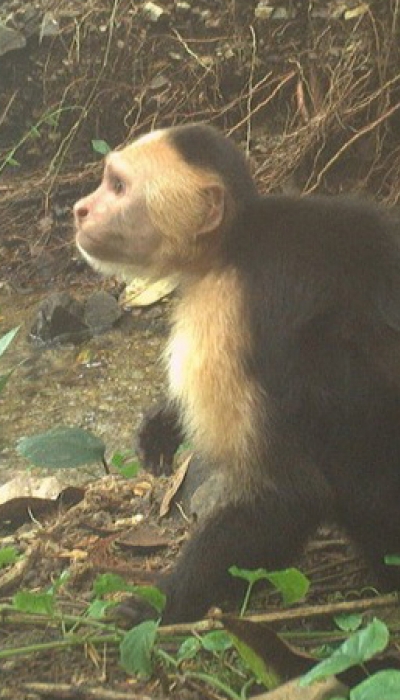 © Brendan Barrett / Max Planck Institute of Animal Behavior
© Brendan Barrett / Max Planck Institute of Animal BehaviorTuesday, 20. May 2025
Capuchin monkeys develop bizarre “fad” of abducting baby…
How cameras on a remote island captured the origin and spread of a novel social tradition read more
-
Thursday, 27. February 2025
Scientists rewrite the rules of swarming locusts
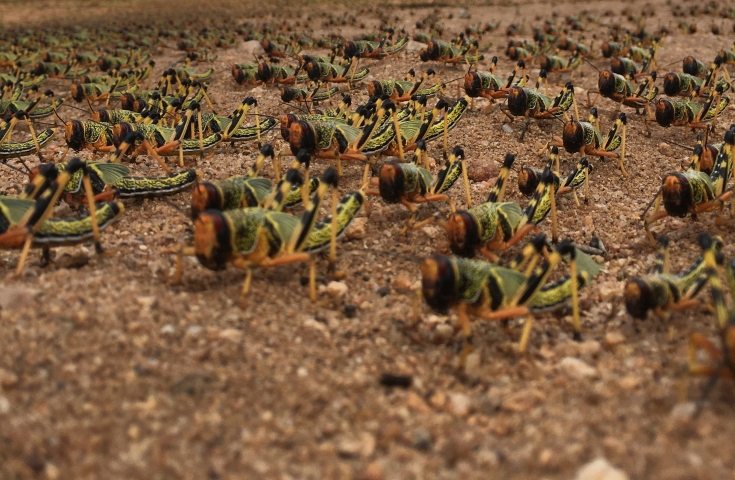
A study recently published in Science reveals: Classical models of collective behaviour fail to explain the mechanisms driving desert locust swarms – an ecological phenomenon that affects millions of lives worldwide. read more -
Wednesday, 26. February 2025
"Expressions of gender variance have long been part of…
 © Kyle, Unsplash
© Kyle, UnsplashDonald Trump bans trans people from the U.S. army and from sports. Historian Jacob Bloomfield from the University of Konstanz concludes: "Trump’s executive order goes against basic fairness and the military’s historical acceptance of gender variance." read more 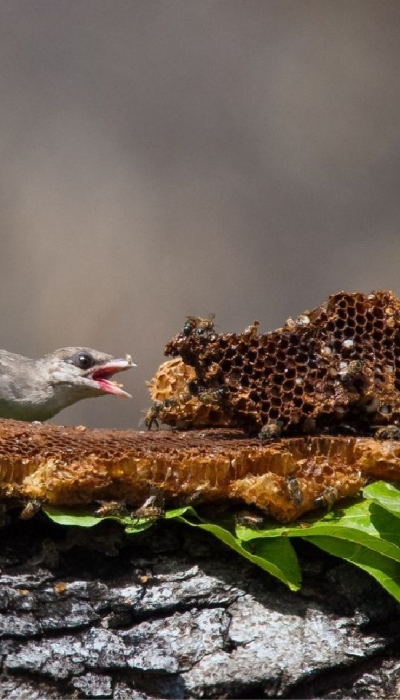 © Dominic Cram
© Dominic CramFriday, 21. February 2025
Alliances among animals
Some animals are capable of cooperating with members of other species. read more
Uni Konstanz Header
campus.kn
The online magazine of the University of Konstanz
Header Logo
